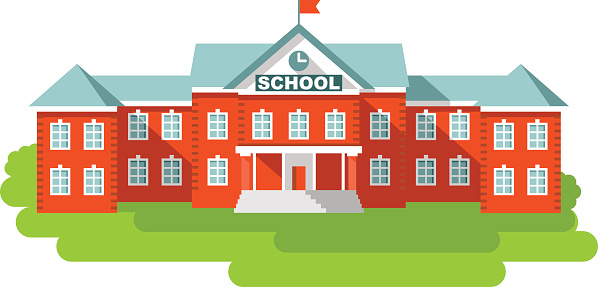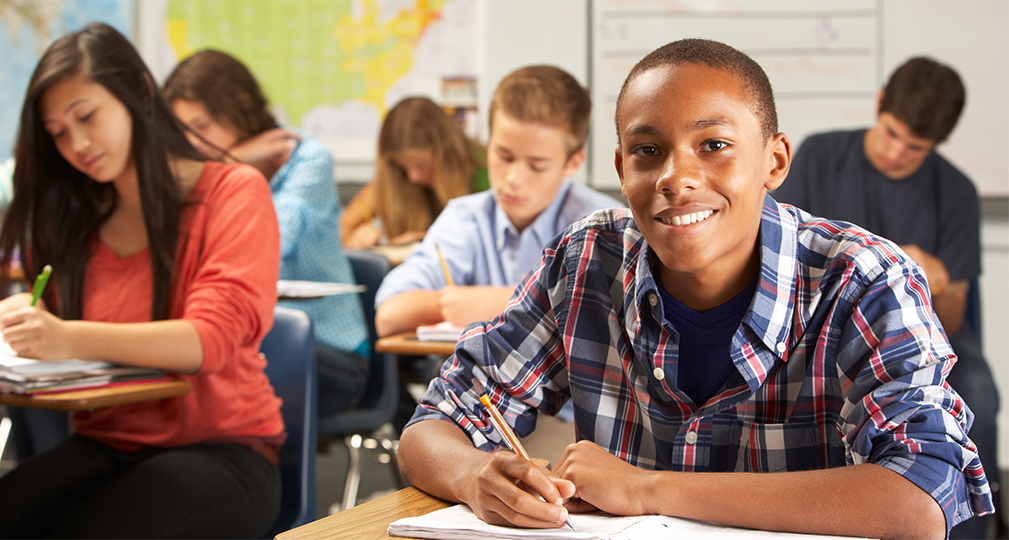How You Can Help Save Temecula Schools for Future Generations
Wiki Article
Understanding the Value of Colleges in Child Development and Area Development
Schools' engagement with local communities via service-learning campaigns reinforces the bond between households and academic institutions. This cooperative partnership highlights the importance of institutions in nurturing energetic citizenship and lifelong learning routines.Academic Success
Academic success acts as a foundation of kid growth, providing the structure upon which future discovering and success are built. Schools play an essential function in promoting this scholastic development, using organized atmospheres where kids can acquire important knowledge and cognitive skills. Standard curricula ensure that students gain efficiency in core topics such as maths, scientific research, and language arts, which are vital for both college and specialist chances.Along with presenting basic academic skills, schools additionally cultivate crucial thinking, analytic capabilities, and intellectual interest. These cognitive competencies are essential for browsing complicated real-world circumstances and adjusting to the ever-evolving demands of the modern-day office. Teachers, as facilitators of learning, utilize diverse pedagogical strategies to satisfy diverse discovering styles, consequently making the most of specific student possibility.
Furthermore, academic success is very closely connected to self-confidence and inspiration. Youngsters that experience scholastic success are extra most likely to establish a positive self-concept and a lifelong passion for discovering. Institutions additionally provide different resources, such as libraries and modern technology, which better enhance the academic experience and prepare pupils for a technologically advanced society.
Social Ability Development
Beyond scholastic success, the role of schools in social ability growth is vital. Schools offer as a main venue for kids to find out and exercise essential social abilities such as problem, teamwork, and communication resolution. In the structured environment of a class, students interact with peers, teachers, and other school personnel, supplying numerous opportunities to create these critical abilities.Efficient social skill advancement in schools is assisted in through group activities, joint tasks, and extracurricular programs. These communications aid students recognize social norms, construct compassion, and foster a sense of neighborhood. For instance, group projects educate students just how to interact towards a typical goal, listen to different perspectives, and browse arguments constructively.

The growing of social skills during academic year lays a foundation for future individual and specialist connections. Save Temecula Schools. As students develop, the ability to properly work together and interact comes to be significantly crucial, emphasizing the college's critical role in alternative kid growth
Exposure to Variety
Direct exposure to variety in colleges is fundamental to promoting a comprehensive frame of mind and expanding pupils' point of views. Schools act as a microcosm of the wider society, and coming across diverse cultures, languages, and socioeconomic histories within this environment gears up pupils with vital skills for browsing an increasingly globalized world. This direct exposure urges empathy, minimizes prejudices, and advertises mutual regard amongst peers.Research suggests that students that interact with peers from different backgrounds exhibit better analytic skills and creativity. This understanding of diversity prepares pupils for future workplaces that value multicultural capability - Save Temecula Schools.

Area Engagement
The benefits of varied class extend beyond click reference the college wall surfaces, promoting a solid feeling of area interaction among pupils. By communicating with peers from different cultural, socioeconomic, and ethnic histories, trainees obtain a more comprehensive perspective and a recognition for variety. This exposure urges them to become energetic people who agree to add favorably to their areas.Colleges that stress community involvement often integrate service-learning jobs, which allow trainees to address real-world problems while using scholastic abilities. These jobs not just improve students' understanding of their coursework however also infuse a feeling of obligation and empathy. Additionally, partnerships in between institutions and local companies offer trainees with chances to take part in neighborhood occasions, better strengthening their duty as positive neighborhood participants.
In addition, adult and area participation in colleges strengthens the bond in between educational institutions and the neighborhoods they offer. Through these efforts, schools play an essential role in nurturing community interaction and cultivating social growth.
Lifelong Understanding Behaviors
Establishing lifelong discovering practices click to read more is essential for a youngster's continual growth and adaptability in an ever-changing world. Schools play a crucial duty in instilling these habits by creating an atmosphere that cultivates inquisitiveness, crucial thinking, and a love for knowledge. With varied curricula and after-school activities, teachers urge students to check out numerous topics, examine details critically, and use their discovering to real-world scenarios.
In addition, colleges provide a structured atmosphere where youngsters can establish self-discipline and time management abilities, both of which are crucial for continual learning. By emphasizing the importance of setting goals, reviewing progression, and adjusting approaches, instructional organizations prepare students to browse the complexities of grown-up life, guaranteeing they remain lifelong students and contributors to society.
Conclusion
In verdict, schools are vital in fostering kid advancement and neighborhood growth by providing environments helpful to academic accomplishment, social skill advancement, and exposure to diversity. Ultimately, schools cultivate lifelong knowing behaviors, equipping people with the required expertise and abilities to contribute positively to culture.In the structured environment of a class, students engage with peers, instructors, and other institution personnel, using many chances to create these crucial capabilities.
In essence, direct exposure to diversity within colleges not just enhances individual students but also strengthens the social textile of the area as a whole.
The advantages of diverse classrooms prolong past the school walls, promoting a solid sense of neighborhood interaction among pupils.Institutions that highlight neighborhood engagement frequently incorporate service-learning jobs, which enable students to address real-world issues while applying academic abilities. Collaborations in between colleges and neighborhood organizations give trainees with possibilities to participate in neighborhood occasions, additionally solidifying their function as proactive community Going Here participants.
Report this wiki page